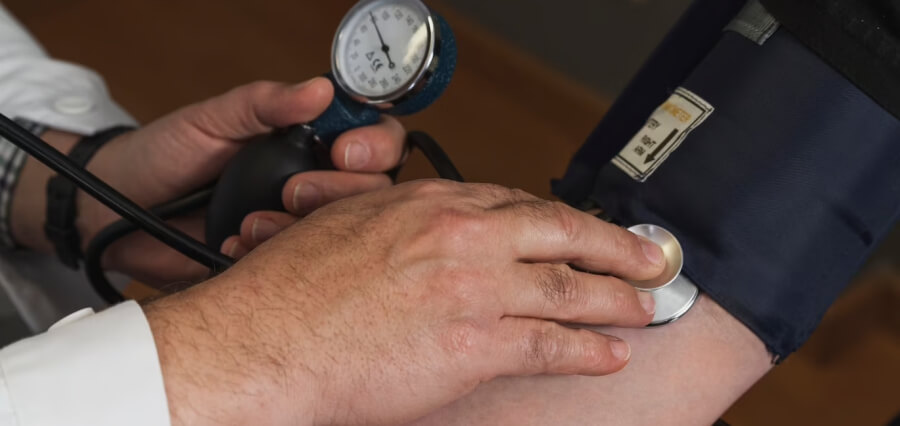Bone infections
(The newly discovered antibiotics must exhibit activity against drug-resistant bacteria.)
Antibiotics play an essential role during surgical procedures. Yet approximately 700,000 people are killed every year due to antibiotic resistance. Clearly, by 2050, the number of people killed this way would be 10 million, as per the recent nature biomedical report suggests. Unless resistance could be blocked through new antibiotics.
At present, researchers from the Brigham and Women’s Hospital have developed a specialized drug device delivery system that may be used to decrease resistance development in treating bone infections.
Science Behind Drug Making
“The discovered antibiotics must demonstrate activity against drug-resistant bacteria,” suggests researchers. For this, they performed a molecular-docking simulations, reporting a rational design through mutated bacterial targets.
Collaborating with fellow researchers from the Brigham’s department of orthopedic surgery, attempts were put forth to create an antibiotic through bone cement matrix, also known as polymethylmethacrylate (PMMA) bone cement.
Impact of the Antibiotic Tested
Researchers in their ongoing study were able to pinpoint a dual-action antibiotic, VCD-077, that exhibited a desired drug release kinetics that did not affect PMMA’s bone cement stability. It also showed high efficacy against a wide range of drug-resistant bacteria strands that slowed down the development of future resistance.
Future of Antibiotics
Counting the numerous attempts, further study may be needed before a consideration of the drug’s clinical applications.
The future of antibiotics undeniably lies in incorporating artificial intelligence with drug discovery. This would play a reassuring role in making antibiotics cost-effective and more efficient. “With seeking an AI approach to drug development, it will bring about a new medical engineering paradigm,” conclude researchers.















